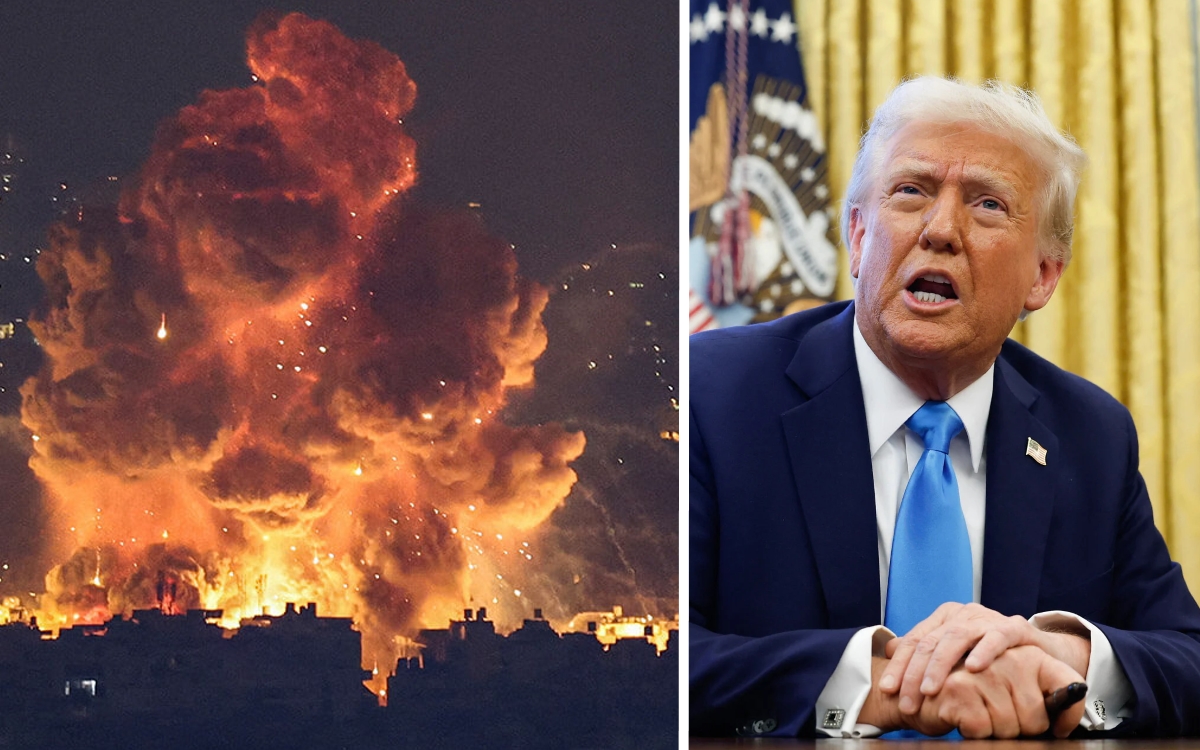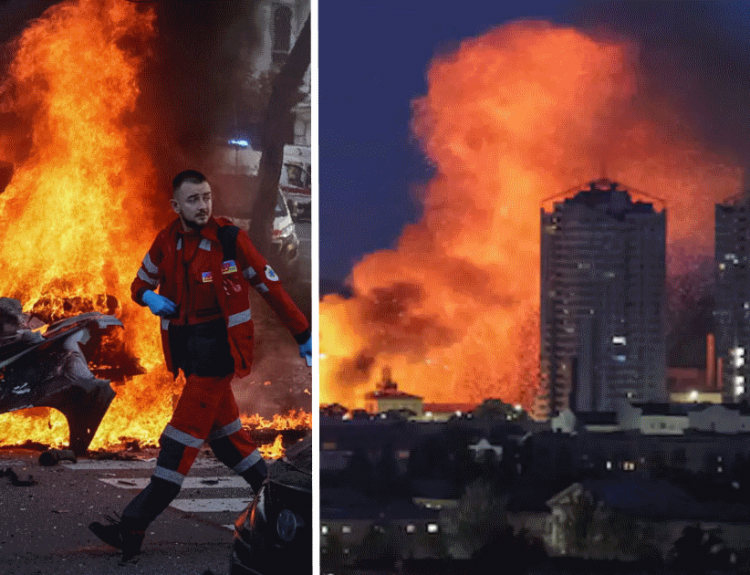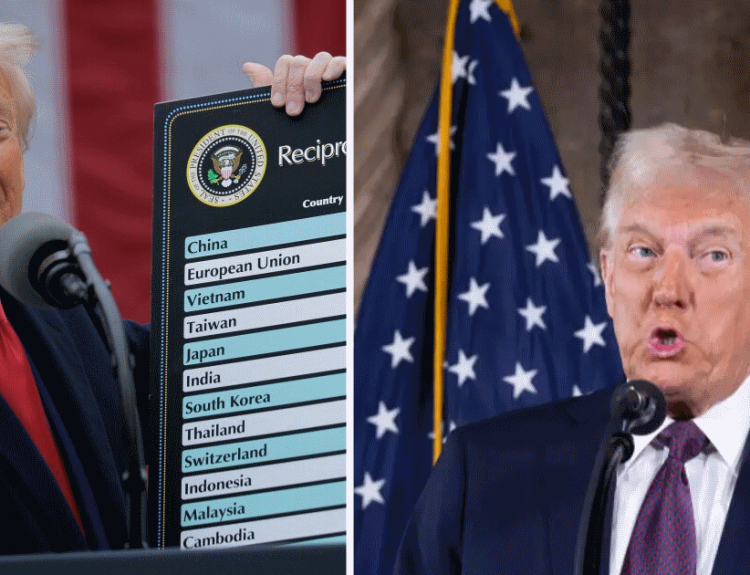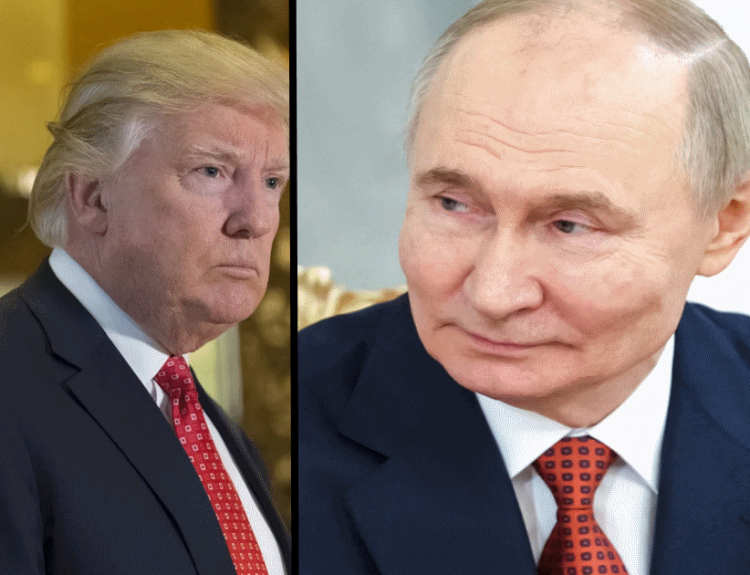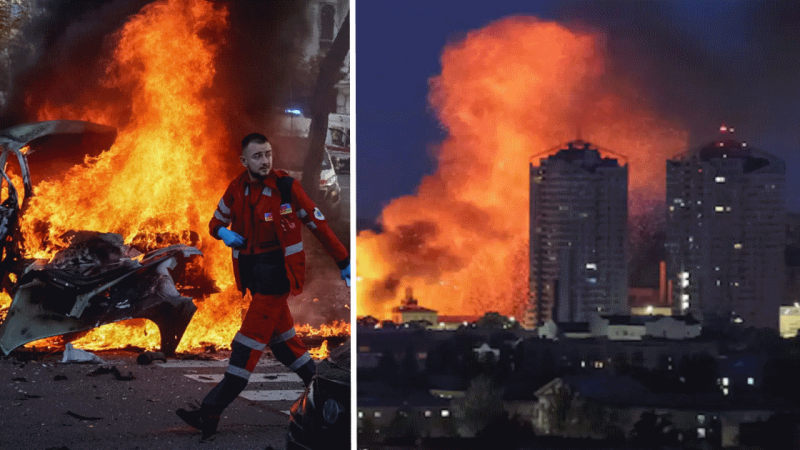As tensions in the Middle East spiral, former President Donald Trump issued a stark warning—threatening “consequences like you’ve never seen” unless Iran stands down from its nuclear ambitions, following Israel’s unprecedented airstrikes on key enrichment sites in Natanz and Fordow. Here’s what you need to know about the evolving “nuclear deal” landscape and why the world holds its breath.
In the wake of Israel’s precision bombing of underground centrifuge halls near Natanz, Prime Minister Benjamin Netanyahu declared the strikes a “justified preemptive action,” aiming to set back Iran’s uranium enrichment timeline by years Reuters analysis. The blow targeted IR-6 and IR-8 centrifuges suspected of enriching uranium to near-weapons grade.

@BreakingDefense “Natanz attack cripples advanced centrifuges but risks full-throttle regional escalation.” View on X
Trump—who withdrew the U.S. from the Obama-era Joint Comprehensive Plan of Action in 2018—urged a return to “max pressure,” demanding that any new agreement include intrusive inspections and an end to ballistic-missile development CNN report. He threatened “economic fire and fury” if Iran resumes enrichment beyond 3.67 percent purity.
The world’s leading powers had aimed to revive parts of the original deal. European Union negotiator Enrique Mora highlighted discussions on “phased sanctions relief in exchange for a gradual rollback of breakout capability,” but cautioned progress “hangs by a thread” after the recent bombings Euractiv briefing.
@EU_Mediation “Joint action needed—nuclear rollback and sanctions relief must go hand in hand to avoid war.” via X
Iran’s Supreme Leader, Ayatollah Ali Khamenei, denounced the strikes as “barbaric aggression,” vowing to accelerate enrichment efforts and calling for full mobilization of the Islamic Revolutionary Guard Corps to retaliate Tehran Times commentary.
Key players like Russia and China reaffirmed support for a negotiated settlement. Russian Foreign Minister Sergey Lavrov urged “maximum restraint” from all sides and proposed a UN-led security framework to oversee inspections Moscow Times analysis.
@UN_News_Centre “UNSC convenes emergency session amid fears of regional conflagration over nuclear sites.” View on X
Here’s why the “nuclear deal” matters now more than ever:
- Breakout Timeline – Before the strikes, Iran had amassed enough 20% enriched uranium for a single bomb within weeks, per International Atomic Energy Agency (IAEA) reports IAEA technical snapshot.
- Inspection Regime – Any revived agreement hinges on rigorous IAEA access to all known and suspect sites, including military locations—an arrangement Tehran has historically resisted.
- Sanctions Relief – Washington and Brussels debated lifting oil and financial sanctions. Under a phased model, Iran would see gradual relief pegged to verifiable steps toward zero stockpiles of near-20% uranium.
- Missile Ban – The original deal omitted ballistic missiles. The U.S. seeks explicit curbs on Iran’s missile program to prevent delivery systems for potential warheads.
- Regional Security – Gulf states like Saudi Arabia and the UAE demand a parallel security pact to protect against Iranian proxy attacks—an addition not present in 2015.
@AlArabiya_Eng “GCC foreign ministers press for ‘nuclear umbrella’ to shield Gulf states from fallout.” via X
Experts warn that without a robust, enforceable deal, the Middle East faces a new arms race. Defense analyst Dr. Lisa Sanchez told Defense News that “every nation will pursue its own deterrent, possibly sparking proliferation in Saudi Arabia, Turkey, and Egypt.”

A return to the JCPOA framework would require swift diplomatic moves. U.S. Secretary of State Antony Blinken indicated readiness to negotiate “if Iran ceases all enrichment above 3.67% and restores IAEA access,” a position reiterated at NATO’s foreign ministers meeting State Department release.
@NATOpress “Alliance unity critical—preventing nuclear proliferation remains our top collective priority.” View on X
As Israel and Iran posture militarily, many fear miscalculations could ignite full-scale war. U.S. intelligence reports cited by The Wall Street Journal suggest Tehran is weighing cyberattacks and asymmetric responses rather than a direct military confrontation.
For ordinary citizens, renewed conflict threatens oil prices, regional stability, and global markets. Traders already saw Brent crude spike 4% on the news, while airlines rerouted flights away from Iranian airspace Bloomberg Markets.
The coming days will test diplomatic skill and restraint. If Trump’s “fire and fury” threat materializes, it could obliterate any chance for compromise. But if cooler heads in Washington, Brussels, Moscow, and Beijing prevail, a revamped nuclear deal—now dubbed “JCPOA 2.0”—might yet stave off a catastrophic conflagration.

